Science Shop
Advertisement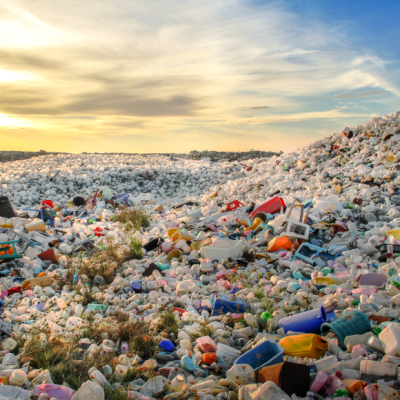
Plastic-eating Fungi and Bacteria Found in China
- By Geert Devenster
- . August 4, 2023
Plastic waste is a major environmental problem, with humans producing around 400 million tons of plastic waste annually. Unfortunately, plastic waste is not biodegradable and
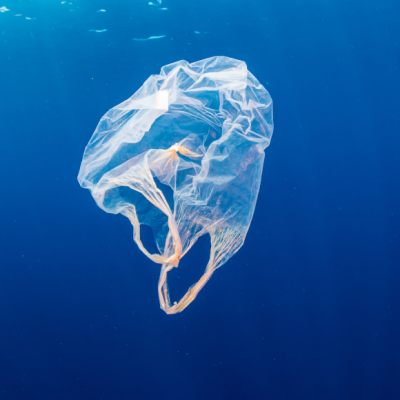
Non-degradable Bioplastics in Oceans
- By Geert Devenster
- . July 21, 2023
The popular bioplastic, Polylactic Acid (PLA), is not biodegradable in the ocean, despite being labeled as such. Plastic waste in the oceans is a significant
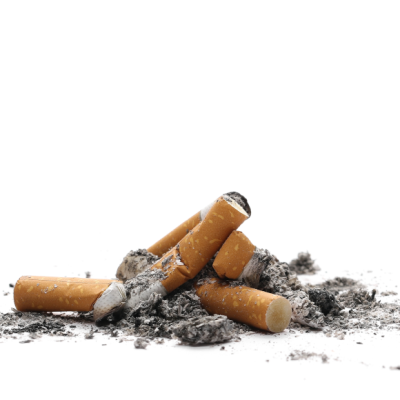
Deadly Toxins Released by Cigarette Filters
- By Geert Devenster
- . May 21, 2023
Plastic waste is a major environmental problem, with humans producing around 400 million tons of plastic waste annually. Unfortunately, plastic waste is not biodegradable and
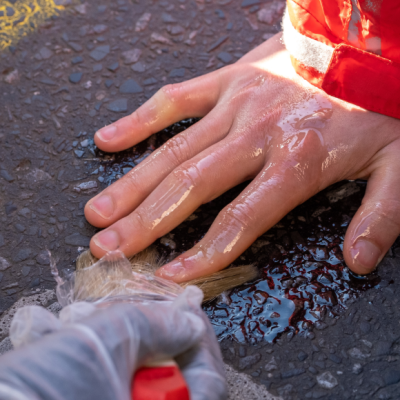
German Health Concerns from Climate Change
- By Geert Devenster
- . April 7, 2023
A majority of Germans are already experiencing the effects of climate change and are concerned about the potential increase in health problems. According to a
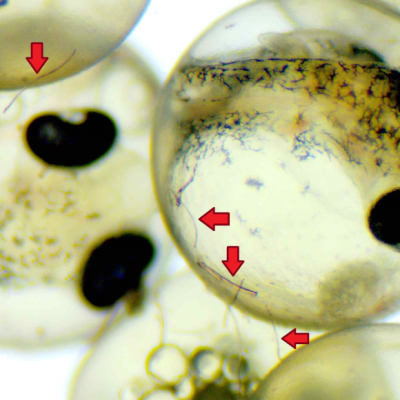
Microplastics Harmless to Fish and Consumers
- By Rolf Lewis
- . August 24, 2022
A recent study conducted by the Thünen Institute for Fisheries Ecology has found that microplastics in the North and Baltic Seas do not pose a
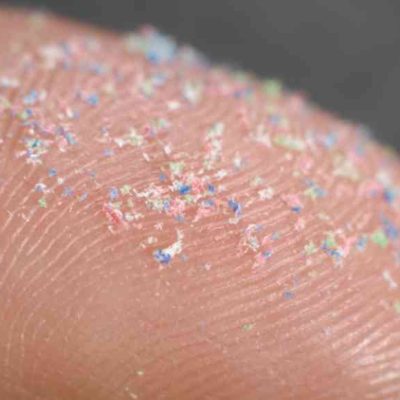
Microplastics found in human blood.
- By Geert Devenster
- . August 19, 2022
For the first time, scientists have detected microplastics in human blood, highlighting the severity of the plastic waste problem and the urgent need for action

Preventing Wildfires in Germany’s Heat
- By Geert Devenster
- . July 20, 2022
The Ocean Cleanup initiative has successfully collected over 100 tons of plastic waste from the Great Pacific Garbage Patch using their new trash collection system,
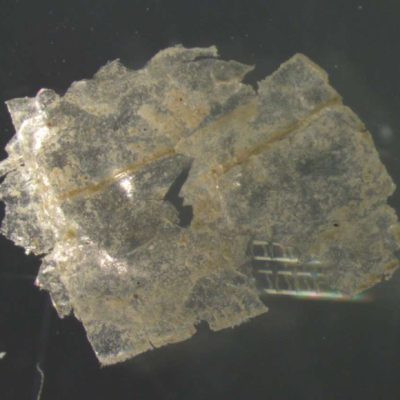
Deep sea more polluted with microplastics
- By Geert Devenster
- . July 17, 2022
The deep sea is even more contaminated with microplastics than previously thought, according to a study by the Senckenberg Society for Nature Research, the Goethe
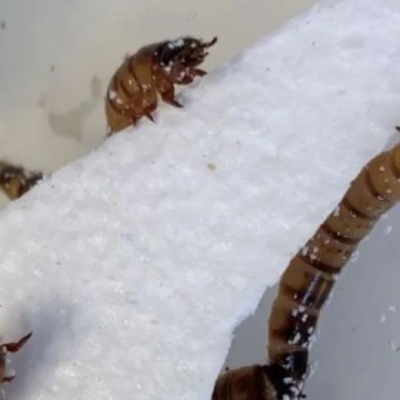
Worms Eat Plastic and Styrofoam
- By Geert Devenster
- . June 11, 2022
In a world where plastic waste is a growing concern, scientists at the University of Queensland may have found a solution in the form of
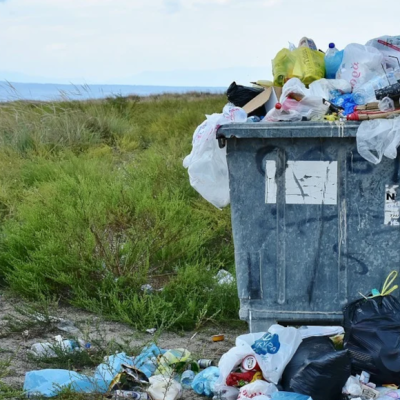
Bacteria that eat plastic waste
- By Geert Devenster
- . May 8, 2022
In a groundbreaking discovery, scientists at the University of Austin have modified a natural enzyme that allows bacteria to break down the commonly used plastic,









